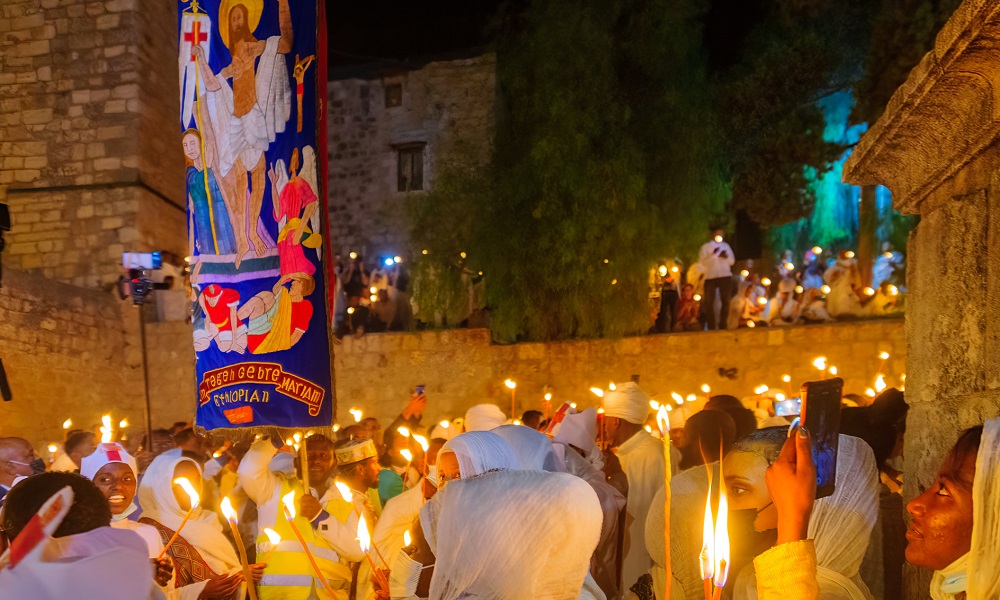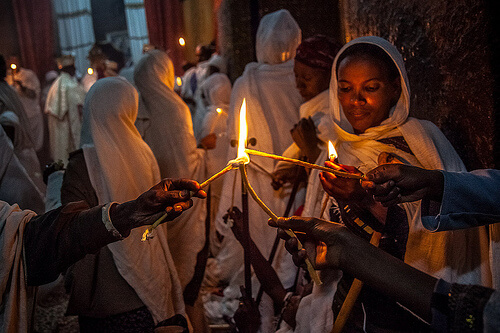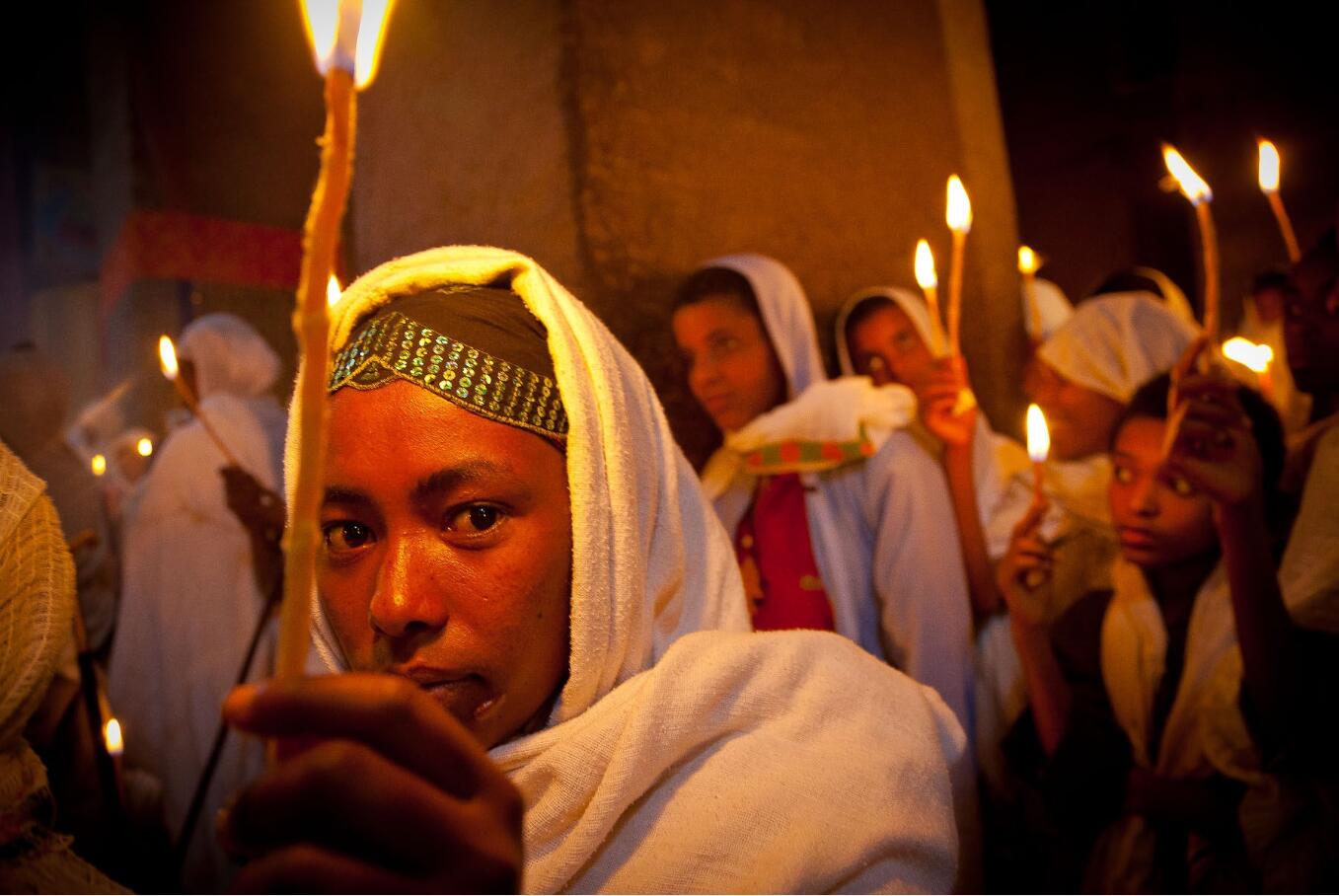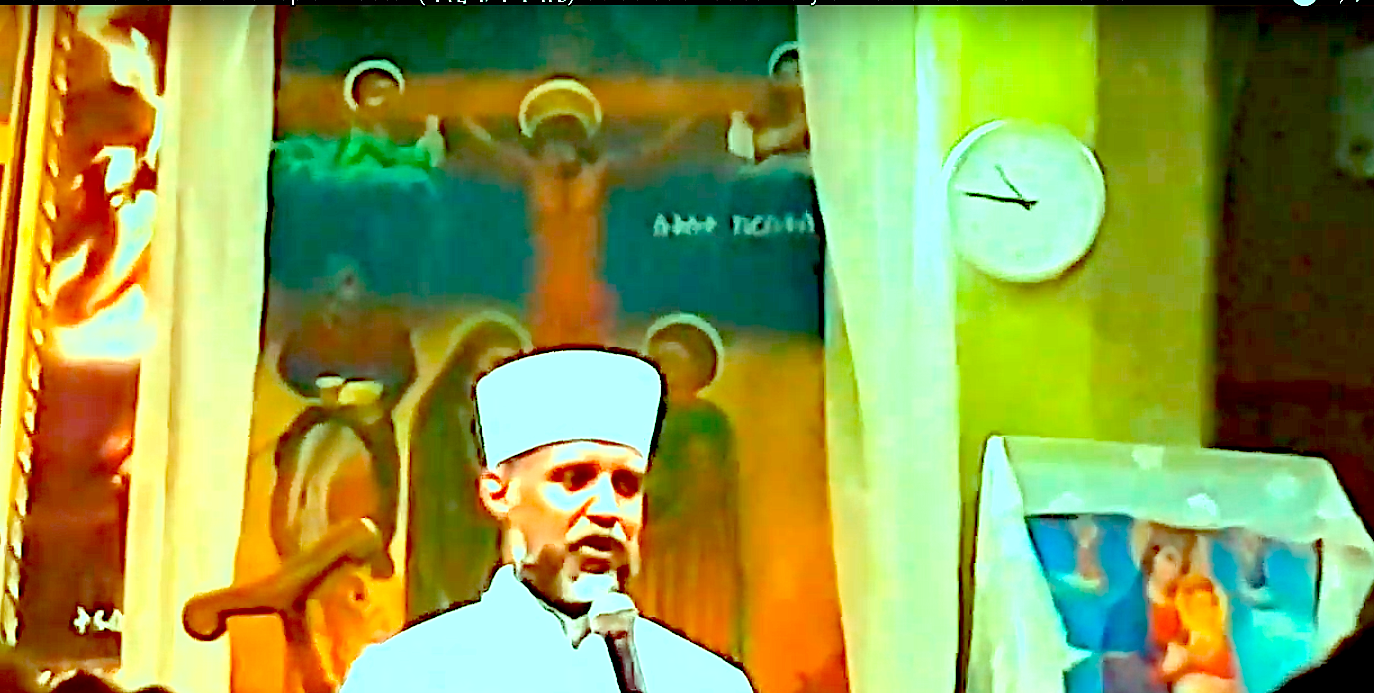Ethiopian Easter 2025: A Celebration of Religion, Household, and Renewal
Associated Articles: Ethiopian Easter 2025: A Celebration of Religion, Household, and Renewal
Introduction
With nice pleasure, we’ll discover the intriguing matter associated to Ethiopian Easter 2025: A Celebration of Religion, Household, and Renewal. Let’s weave fascinating info and supply contemporary views to the readers.
Desk of Content material
Ethiopian Easter 2025: A Celebration of Religion, Household, and Renewal

Ethiopian Easter, generally known as Fasika (ፋሲካ), is a deeply important spiritual and cultural occasion for Ethiopia’s predominantly Orthodox Tewahedo Christian inhabitants. Not like the Gregorian calendar adopted in a lot of the world, Ethiopia adheres to its personal distinctive calendar, leading to a unique date for Easter annually. In 2025, in response to the Ethiopian calendar (which is at the moment 7 years behind the Gregorian calendar), Easter will fall on April twenty seventh, 2025 (Gregorian calendar). This date marks the end result of a season of intense religious preparation, fasting, and reflection, culminating in a joyous celebration of the resurrection of Jesus Christ.
This text delves into the wealthy tapestry of Ethiopian Easter, exploring its historic context, spiritual significance, distinctive traditions, and the colourful cultural expressions that make it a really unforgettable expertise.
A Distinctive Calendar and a Completely different Easter:
The Ethiopian calendar, a lunisolar calendar, differs considerably from the Gregorian calendar. It is seven to eight years behind the Gregorian calendar and makes use of a unique system for calculating the date of Easter. This implies Ethiopian Easter would not align with the Western Easter celebration. The Ethiopian Orthodox Tewahedo Church calculates Easter primarily based by itself intricate astronomical calculations, typically leading to a date that falls a number of weeks, or perhaps a month, after the Western Easter celebration. This distinction underscores the independence and distinctive theological traditions of the Ethiopian Orthodox Tewahedo Church. The delay additionally permits for an extended interval of Lent, including to the religious depth of the season.
The Significance of Lent (Tsom):
The interval main as much as Fasika, generally known as Tsom (ጾም), is a time of intense religious preparation. It’s a rigorous quick, lasting 55 days, throughout which observant Christians abstain from meat, dairy merchandise, eggs, and sometimes oil. The quick just isn’t merely a bodily abstinence; it is a deeply religious journey of self-reflection, repentance, and drawing nearer to God. Devotees spend this time in prayer, attending church companies, and interesting in acts of charity. The depth of the quick is a testomony to the devotion and religion of Ethiopian Christians.
The Significance of Holy Week:
Holy Week previous Easter holds immense significance. Every day is marked by particular prayers, readings, and rituals. The companies are lengthy, typically lasting a number of hours, and are characterised by chanting, hymns, and the rhythmic beating of drums. The emotional depth of those companies is palpable, reflecting the profound religious journey undertaken by the trustworthy. The ultimate days of Holy Week, main as much as Good Friday and Easter Sunday, are significantly poignant, culminating in a robust sense of anticipation and hope.
Fasika: The Joyful Celebration of Resurrection:
Easter Sunday, Fasika, is a day of exuberant pleasure and celebration. The somber environment of Lent offers approach to an outpouring of happiness and gratitude. Households collect for elaborate feasts, making ready conventional dishes which have been forbidden throughout Lent. One of the crucial iconic dishes is Wat (ወጥ), a flavorful stew, typically made with lamb or hen, symbolizing the abundance and renewal introduced by Christ’s resurrection. Different conventional dishes embrace Injera (እንጀራ), a spongy flatbread, and numerous vegetable stews.
Cultural Expressions of Fasika:
Fasika just isn’t merely a non secular observance; it is a vibrant cultural celebration. The festivities prolong past the instant household, typically involving complete communities. Conventional songs and dances are carried out, reflecting the wealthy cultural heritage of Ethiopia. The colourful colours of conventional clothes add to the festive environment. The celebration is a robust expression of Ethiopian id, religion, and neighborhood.
The Significance of the "Awaze" (አዋዜ):
The "Awaze" (አዋዜ) is an important ingredient of the Fasika celebration. It is a conventional tune sung in the course of the Easter service. These songs, typically handed down by way of generations, inform the story of the crucifixion, loss of life, and resurrection of Jesus Christ. The Awaze is a robust expression of religion and devotion, encapsulating the emotional depth of the season. The rhythmic chanting and the emotional supply of those songs create a really transferring expertise.
The Function of Household and Neighborhood:
Household and neighborhood play a central position within the celebration of Fasika. Households collect collectively for elaborate feasts, sharing meals, tales, and laughter. The celebrations typically prolong past the instant household, involving prolonged family members and buddies. This communal facet of Fasika underscores the significance of social bonds and the shared religion that unites the neighborhood.
Fasika in 2025: A Look Forward:
As Ethiopian Easter approaches in 2025, the anticipation is constructing. Preparations will start weeks upfront, with households planning for his or her celebrations. The church buildings shall be crammed with worshippers, wanting to take part within the sacred companies. The streets shall be alive with the sounds of conventional music and the colourful colours of conventional clothes. Fasika 2025 shall be a time of renewed religion, strengthened neighborhood bonds, and a joyous celebration of the resurrection of Jesus Christ.
Past the Festivities:
Whereas the feasts and celebrations are a big a part of Fasika, the deeper that means lies within the religious renewal and reflection that the season fosters. It is a time for people to look at their lives, search forgiveness, and recommit themselves to their religion. The enjoyment of Easter is tempered by a profound sense of humility and gratitude for the sacrifice of Christ.
Conclusion:
Ethiopian Easter, Fasika, is a singular and deeply significant occasion. It is a celebration that blends spiritual devotion with vibrant cultural expressions, creating a really unforgettable expertise. The distinct Ethiopian calendar ensures that this celebration stays a singular and highly effective testomony to the enduring religion and wealthy cultural heritage of the Ethiopian folks. Fasika 2025 guarantees to be one other yr of profound religious reflection and joyous communal celebration, solidifying its place as one of the important occasions within the Ethiopian calendar. The anticipation for this important occasion is palpable, and the approaching collectively of households and communities in celebration will as soon as once more reaffirm the enduring spirit of religion and resilience that defines Ethiopian tradition.








Closure
Thus, we hope this text has offered beneficial insights into Ethiopian Easter 2025: A Celebration of Religion, Household, and Renewal. We thanks for taking the time to learn this text. See you in our subsequent article!